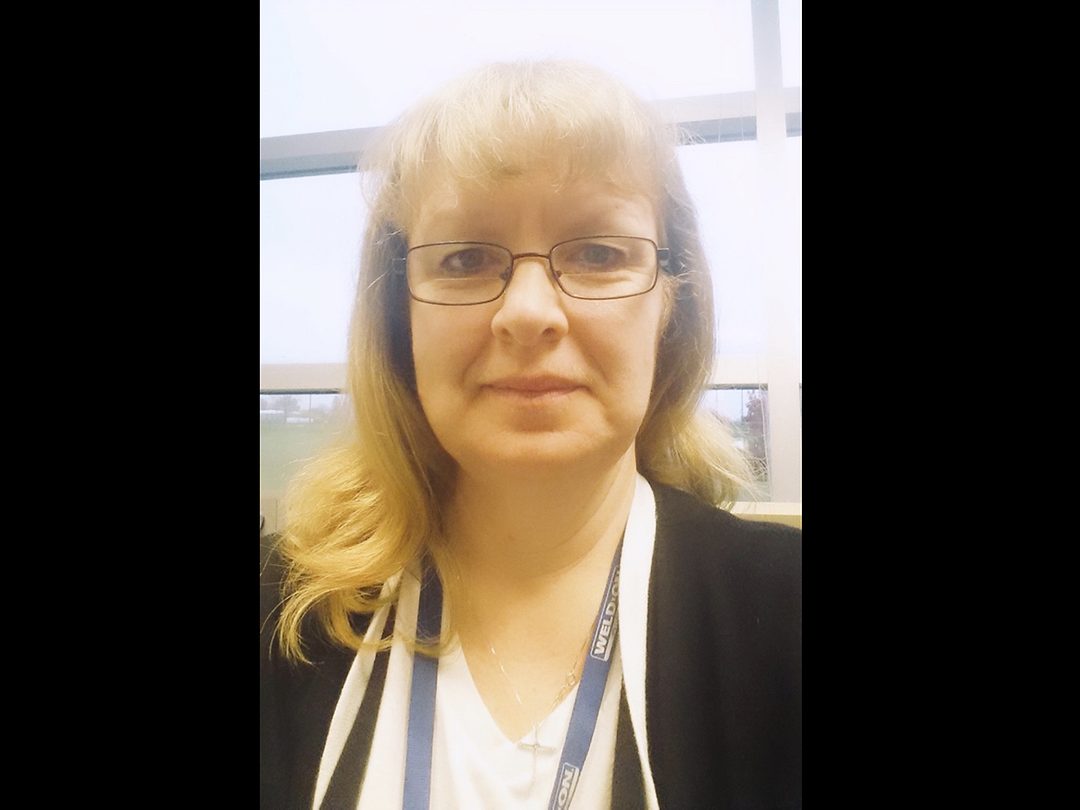She Knows Science: Meet Michelle Knight
Michelle Knight, Lubrizol Advanced Materials

Michelle Knight has dedicated her entire career to the plumbing, heating, cooling and piping (PHCP) community. Over the course of 30 years, she has become is an industry expert in CPVC piping. At Lubrizol Advanced Materials, Knight has become versed in the topics of advantages of Corzan Piping Systems in HVAC, Legionella, and the history of CPVC in commercial plumbing.
As the as the October 2019 featured woman for Women In PHCP, we invite you to learn more about Knight.
PHCPPros: What is your role with Lubrizol Advanced Materials?
MK: I currently serve as a technical services engineer in the CPVC R&D department. I have a substantial background in presenting on plastic material selection and failure analysis. I have been working in CPVC piping materials for 30 years. I have presented on plastic material selection and failure analysis over the past 15 years and bring a wealth of knowledge and practice to this session.
PHCPPros: How did you get into the PHCP industry?
MK: I received my bachelor’s degrees in both Chemical Engineering and Chemistry from Purdue University in 1989. I joined Lubrizol’s CPVC division shortly after as a materials scientist. I spent the early part of my career building an in-depth knowledge of the performance-related aspects of CPVC used for plumbing, HVAC, fire sprinkler and industrial piping applications. I had the opportunity to study the all aspects of the material and its use in piping systems - from its molecular structure and the additives used in formulating it, to its long-term performance under temperature and pressure, to the installation and operation of piping systems, as well as the effects of chemicals and other construction materials on CPVC.
PHCPPros: How has your career evolved?
MK: I have become the go-to person for any performance-related issues with CPVC. Lubrizol uses the knowledge gained from examining these issues to further refine and improve all the guidance we provide for installation and compatibility. This provides installers with the best set of “best practices” to follow to ensure a piping system that will perform as expected.
PHCPPros: What advice do you have regarding women in the PHCP community?
MK: I think many women have a natural talent for being observant and paying attention to detail that would make them a great fit for careers in the inspection and quality control roles in PHCP companies.





